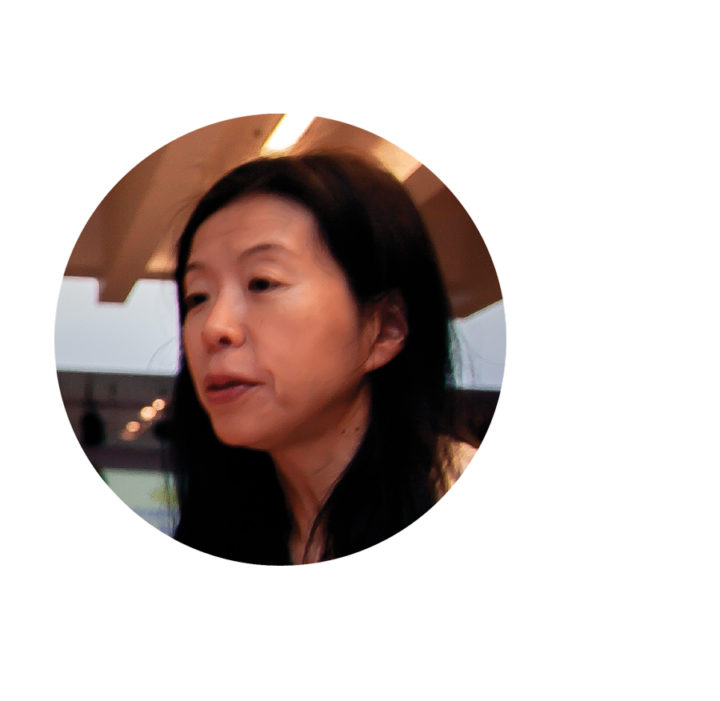
Meiji Gakuin University
The Galaxy Within - Rethinking Cosmic Connections in Holistic Education -
To live justly and resiliently, be conscious of the galaxy within yourself and live accordingly.
Kenji Miyazawa (1896-1933), Poet, Author, Teacher, Farmer
Introduction
The focus of holistic education has been placed on relationships. As John Miller
acknowledges in his article Holistic Education: Learning for an Interconnected World, holistic
education is an attempt to bring interconnectedness and dynamism into today’s pedagogy;
thus it can be termed “a curriculum of connections” (J. Miller, 2009, 291). For the holistic
learning process, Miller illustrates six types of connections: (1) linear thinking and intuition;
(2) the relationship between mind and body, (3) the relationship among subjects,
(4) the relationship between self and community, (5) earth connections and (6) self
connections (J. Miller, 2009, 293-294).
In these six approaches, a number are surely built from the cosmic perspective and
suggest their connections to the cosmos. In other words, implicitly or explicitly, each approach
relates to cosmic connections, and the associated suggestion is mutually related
beyond scope of each approach. For example, Robert Muller’s vision of a “World Core
Curriculum” provides concepts and values necessary for global citizens by identifying
our location in the universe (UNESCO, 2010). Thus the vision encompasses various
connections not only to the self, community and earth, but also cosmic connections.
The elements related to cosmic connections are spread over various approaches,
yet remain as integral and inter-related factors in holistic education. In order to
highlight the significance of this perspective, I propose “cosmic connections“as
the seventh approach.
Cosmic Connections can involve identifying ourselves as part of the universe’s
web, in addition to fostering a sense of the relevance of life, the earth, and the
universe. In holistic education, there are many philosophers and educators who focus
upon cosmic connections. In Montessori Education, “cosmic education” is one of the
key elements. Maria Montessori saw the importance of providing children with a view
of the whole universe and the interconnectedness of all things (Duffy, 2006). Robert
Muller’s notion of the “World Core Curriculum” conveys the concepts and values
necessary for global citizens, through the process of learning about our planetary
home, our place in the universe, and our place in time. Therefore, the World Core
Curriculum’s vision encompasses multiple levels – from the self to the universe (UNESCO,
2010). Moreover, the recent advancement of scientific study has further extended our
knowledge regarding cosmic connections. One such example is The Universe Story by
Brian Swimme and Thomas Barry. The book suggests that the scientific explanation
of our natural world, from the birth of the universe to the present day, expands the
consciousness and imagination regarding our existence, and allows us to reflect upon the
meaning of our lives (Swimme & Barry, 1992)
Recently, some innovative thinkers and entrepreneurs with high aspirations in
education have been advocating for the cosmic perspective in education, outside the
current context of holistic education. For example, Rohan Robert, the leader of research
and innovation in Global Education Management Systems (GEMS) education, posits
the idea of cosmic citizens to the students in international schools in Dubai. He argues
that education should be about “creating students who are aware of their place in the
world, have an expanded sense of self, know their role in society, acknowledging their
connections with all life on this planet and cognizant of their place in the universe”
(Rohan, 2018). The discussion of cosmic connections in education will advance within
holistic education, as well as general educational arena.
In order to demonstrate the relevance of cosmic connections in holistic education,
I will outline the works of three Japanese thinkers: Kenji Miyazawa, Haruo Saji, and Kaichi
Sugiyama. Although their ages and professions differ, they all acknowledge the importance
of cosmic connections and their implications to education; and have been expressing their
interpretations in various forms. Through the summarization of the essence of their works
with its relation to education, I would like to highlight the factors imperative for cosmic
connections in holistic education.


